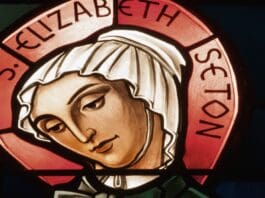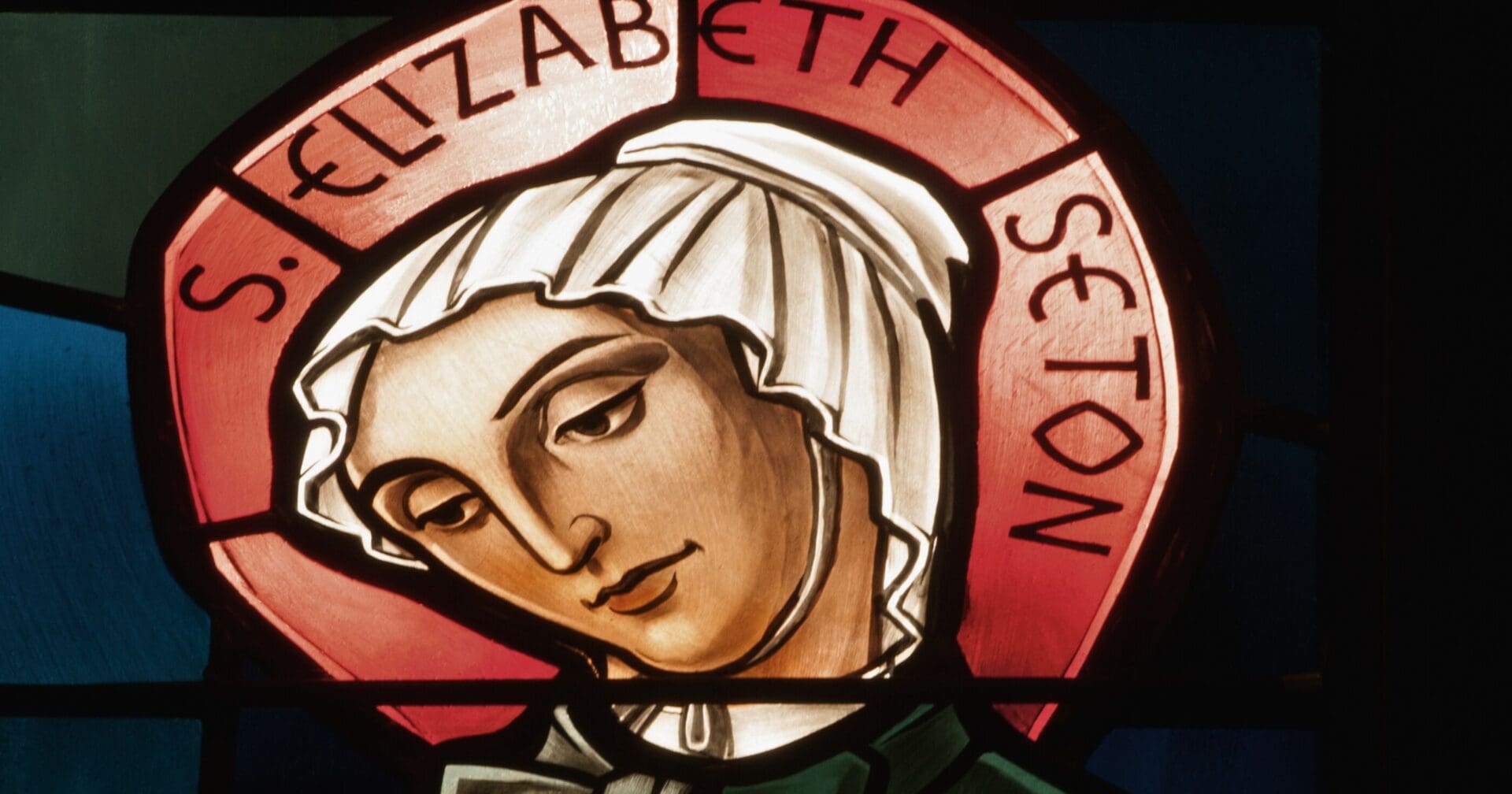
Elizabeth Ann Seton, the first American-born canonized saint in the Catholic Church, experienced a life marked by deep faith and profound challenges. Born into New York’s elite during the pre-Revolution era, she was an avid reader, immersing herself in everything from the Bible to contemporary literature.
Elizabeth’s early life, despite her societal standing, was characterized by simplicity and solitude. The Bible, her constant source of guidance and solace, remained a lifelong passion. In 1794, she married the affluent William Seton, entering a period of initial happiness and prosperity. Her early married life, as she reflected in her diary, felt like a blend of earthly and heavenly bliss.
However, this happiness was short-lived. William’s father’s death left the couple responsible for his half-siblings and the family business. Rapid and severe challenges followed: William’s failing business and health led to bankruptcy and a desperate journey to Italy for recovery. Tragically, William succumbed to tuberculosis in Italy, a loss mitigated only by his renewed faith in God.
These painful separations deepened Elizabeth’s reliance on God and acceptance of His will, a central theme in her spiritual journey. Her growing concern for her family’s spiritual well-being eventually led her to the Catholic Church, influenced by her Italian acquaintances’ kindness and her fervent desire for the Eucharist.
Having lost her mother early, Elizabeth found solace in the Blessed Virgin Mary, seeing her as a spiritual mother and guide to the True Faith. She embraced Catholicism in 1805.
Elizabeth’s educational endeavors began in Baltimore, Maryland, where she founded a school and later formed a Sisterhood, establishing America’s first free Catholic school. Her vows in 1809 marked the start of her religious leadership as Mother Seton.
Despite battling tuberculosis herself, Mother Seton’s influence grew. Her Sisterhood, following a rule inspired by St. Vincent de Paul, expanded to include schools and orphanages. Her legacy continues through various sister groups originating from her foundation.
In her final years, Elizabeth embraced her impending death with joy, believing in her divine calling. She passed away in 1821, just sixteen years after converting to Catholicism, and was canonized in 1975, leaving an indelible mark on American Catholic religious history.
Editorial credit: Nancy Bauer / Shutterstock.com
The post Saint Elizabeth Ann Seton appeared first on uCatholic.
Daily Reading
Monday after Epiphany
Reading 1 1 John 3:22–4:6 Beloved: We receive from him whatever we ask, because we keep his commandments and do what pleases him. And his commandment is this: we should…
Daily Meditation
The BribeEl soborno
Click here for daily readings It is a little strange being a parent of two little boys. There are so many moments that I look back and remember myself as…




